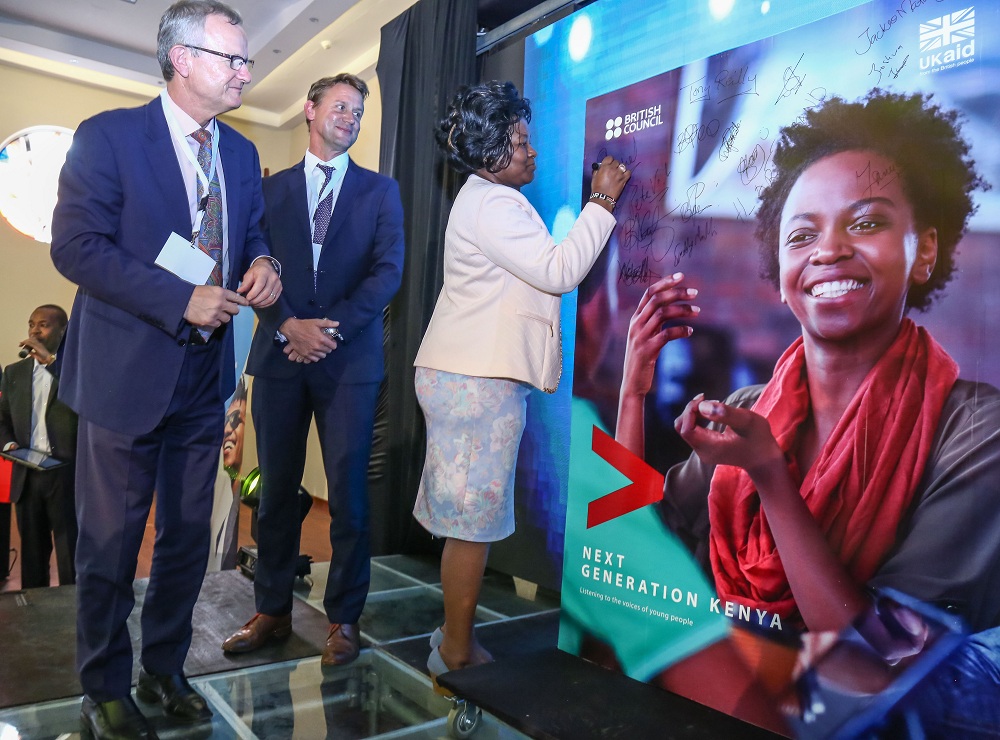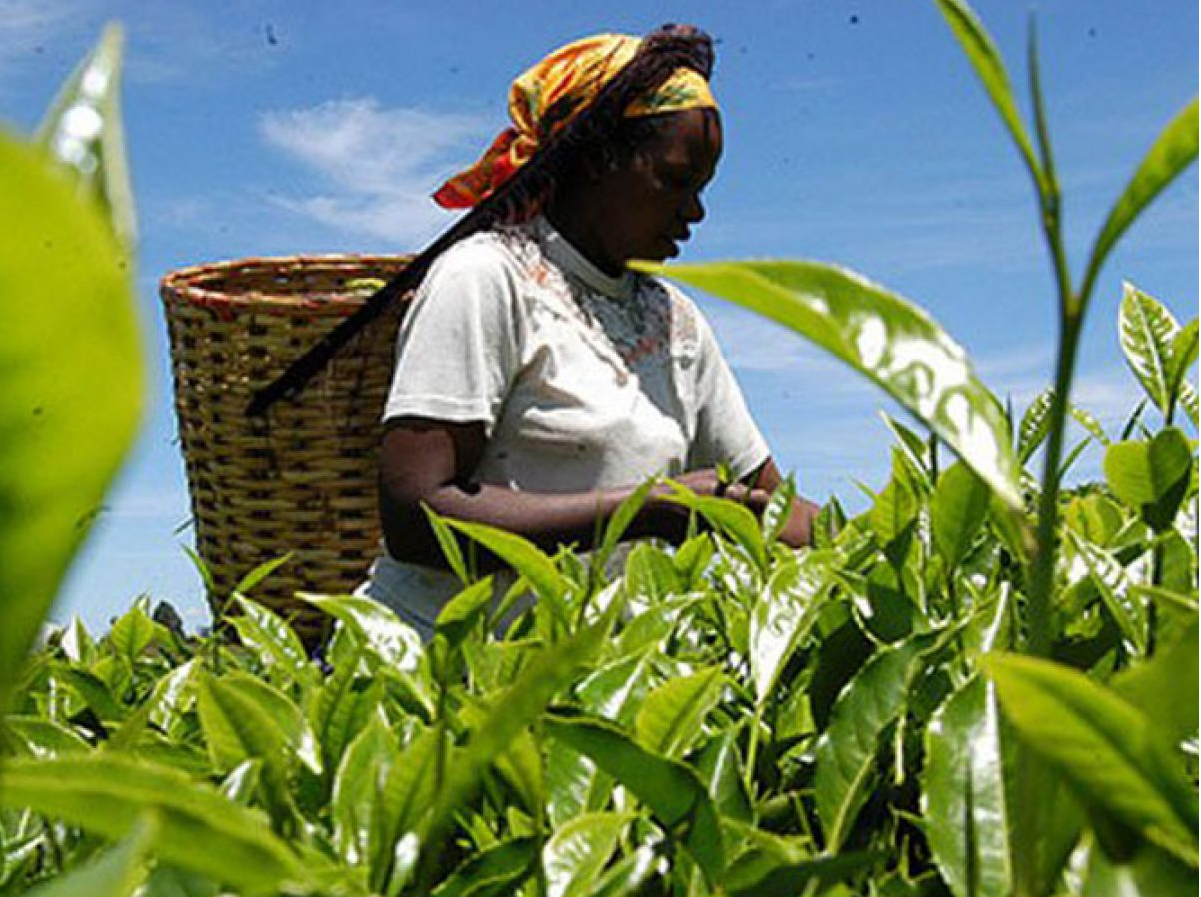[dropcap]M[/dropcap]ajority of Kenyan youth are willing to leave the country in search of better opportunities if given a chance. According to research findings published in the British Council’s Next Generation Kenya Report, these young people, though, have a strong sense of pride in Kenya, with 91% of those who responded to a national household survey saying they love their country, and 86% agreeing that both the heritage and identity are important to them.
However, they blame corruption and a ‘rigged system’ for high unemployment rates, a lack of opportunities, growing social inequality and an education system that is falling short, according to this report. The report says more than one in five Kenyans are between 15 and 24 years of age. This cohort of 10 million plus youth presents a unique opportunity to the country to capture a demographic dividend. Empowering this next generation will be critical to realising the country’s full economic and social potential.
In the research, which explores the hopes and aspirations of young Kenyans, a majority of Kenyan youth feel the country has made progress in recent decades, with 62% of respondents saying they believe their generation’s lives are better than those of their parents’ generation. Young people also see nationality as their strongest source of identity, ahead of family, religion and even ethnicity.
Opportunities remain a key determinant of where young people want to live. 71% of those interviewed expressed a willingness to emigrate to other parts of the world or of the country in search of better opportunities.
READ: Meet a generation that can’t leave without social media
Many young Kenyans cite corruption, crime, violence, insecurity and unemployment as some of their key concerns, and believe these problems will become more serious in future due a ‘broken and rigged system’ in the country that doesn’t listen to the voices of young people.
Below is a sample of quotes from young people who participated in the in-depth focus group interviews across the country as part of the Next Generation Kenya research:
“There is no safety. Because our leaders are corrupt, the whole system is corrupt, meaning that even those people who are supposed to be protecting us like the cops are also corrupt. In institutions like the police, money becomes power,” a female girl in Nairobi, aged 16, said.
“If you want to be successful in Kenya, you have to give up some morals,” said a male youth in Turkana.
“Getting people to employ us – it’s like a dream that you will probably die without achieving. Our youths have so much talent- youth need to be given access to employment,” a male youth in Mombasa said.
Tony Reilly, the British Council Country Director in Kenya, said Kenya’s youth have made their voices heard in this report, and they have spoken clearly about their passion for their country, and their eagerness to contribute to its future. “Like young people around the world, they hold strong views and are keen for their opinions to be heard, heeded and acted upon. And yet there are grave concerns that the education young people are accessing, in increasingly large numbers, may fall short in equipping the next generation with the skills, knowledge and behaviours needed to thrive in the 21st century,” he said.
In order to involve young people in the Next Generation Kenya research, the British Council formed a 16-member youth taskforce. Among them were Freddy Mulli, CEO and Founder of Youth+ Africa and Jacqueline Mathenge, Chair of Youth Alive Kenya. “Next Generation is the story of Kenya’s youth; a story that to this point has been written for us. Now we have the opportunity to write the rest of our story and determine its ending,” Mulli said.
SEE: New breed of Kenyans who will never retire
“The youth bulge in Kenya and the world over has been viewed by governments and wider society as a problem rather than an opportunity. The discourse on youth empowerment and inclusion in itself has remained mere rhetoric over time. The Next Generation Research finally avails the platform for the voice of youth and action by all. In the report, we offer not only our voices around the issues, but also actionable recommendations to address these issues,” Ms Mathenge said.
Research for Next Generation Kenya comprised a systematic review of the academic literature; focus group discussions and in-depth interviews with young people across the country; and a nationally representative, face-to-face household survey of more than 4,000 Kenyans aged 15–24 from each of the country’s 47 counties.
Hopes and aspirations
A spokesperson for the British High Commission Nairobi said: ‘Working with Kenya’s youth to support the future they want for their country is a priority for the British High Commission. I am pleased that, through DFID’s East Africa Research Hub, we have been able to support the ‘Next Generation Kenya’ report launched by the British Council today.”
“This research gives a voice to Kenya’s growing youth demographic, providing information on their hopes and aspirations, but also their concerns and fears. Looking to the future, we’re keen to build on this report, to keep the conversation going, but also to ensure our policy making and programming responds to what Kenya’s youth are telling us,” added the spokesperson.












Leave a comment